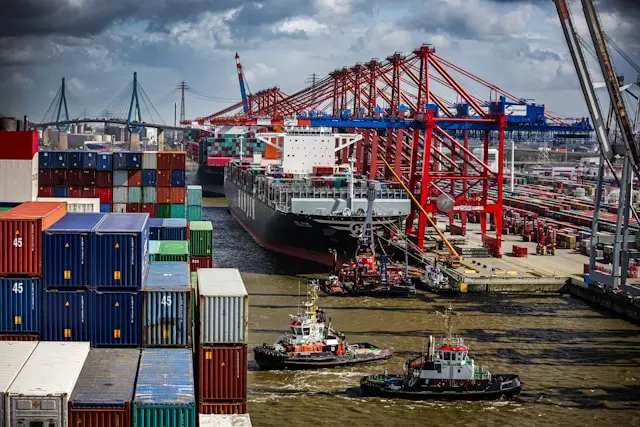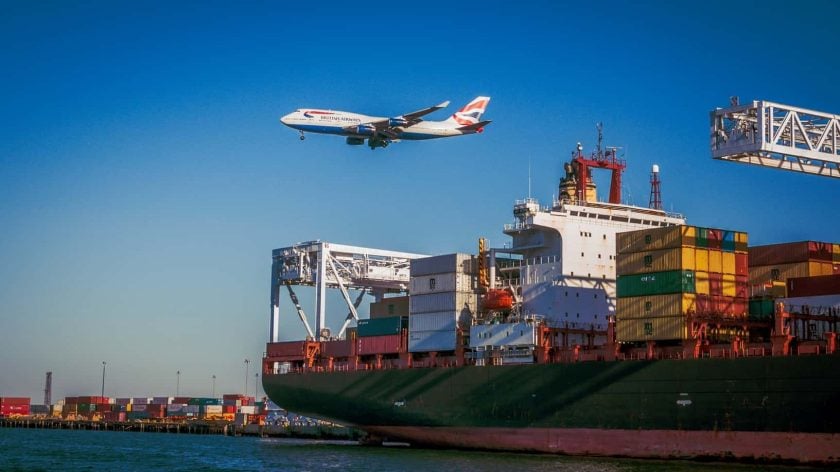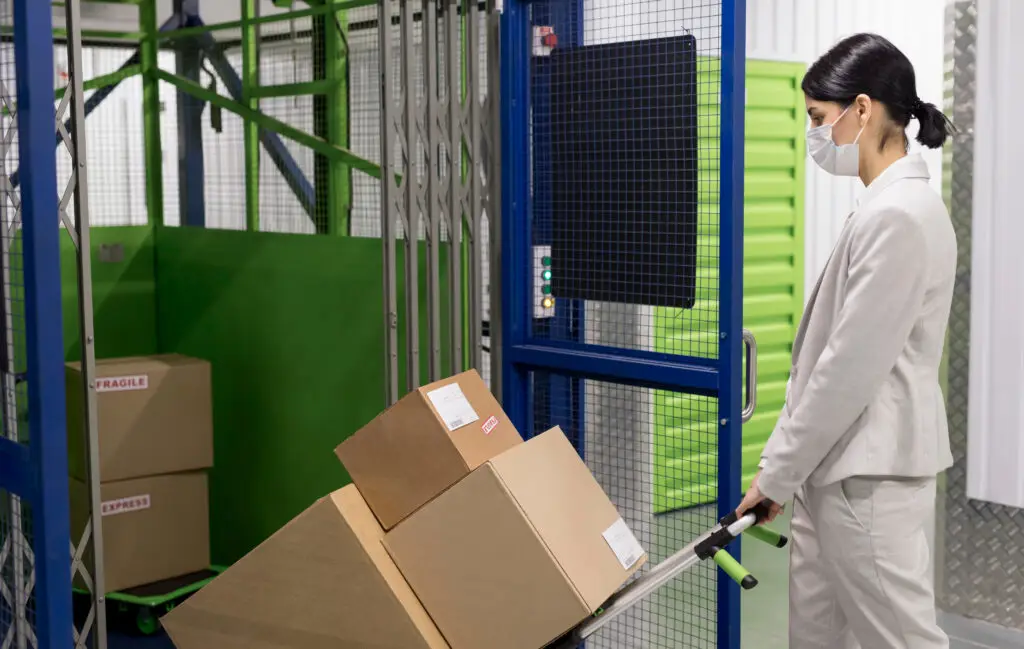A wave of digital disruption is about to hit the global shipping industry, affecting sea and road freight forwarders. Start-ups are using digital technologies to develop a variety of innovative business models that will dramatically improve the customer experience and eliminate entrenched operational inefficiencies.
These digital business models have the potential to overturn the dominant position traditional forwarders have long held in the industry.
Freight forwarders must reinvent themselves
Traditional forwarders that wish to survive have no choice but to digitize else perish in this wave of digitalisation. By our estimate, automating manual processes now could reduce certain back-office and operations costs by up to 40%, while digitizing significant parts of the sales process could reduce related direct costs even more (BCG). And as the new business models gain traction over the long term, digital capabilities will open tremendous opportunities to win in the marketplace or vanish like thin air.
- Start-ups such as Freightos and Flexport developed digital business models that streamline the customer experience and provide greater visibility
- Competitors such as kuehne + Nagel and Maersk-Damco are digitizing their go-to- market approach
- Suppliers such as Maersk (with its online portal) are digitizing their booking processes to significantly reduce the time needed to complete a container booking. Increasingly, carriers are trying to sell directly to shippers and bypass forwarders altogether.
- Customers with strong technology capabilities who are eager to gain control of the complete online customer experience are entering the race. Amazon, for example, has already invested heavily in its own air and ocean freight forwarding infrastructure.
As these companies clearly realize, applying digital technologies to the front and back ends of operations offers many opportunities to improve both the customer experience and operations. Digitization of processes from booking to documentation handling can bring tangible benefits to customers and logistics service providers.
Fragmentation
These opportunities are more attractive given the fragmented nature of the shipping industry. No single player dominates: the largest player in freight forwarding, DHL, had a market share of only 13% in 2017. The top five companies account for less than 50% of the more than $130 billion sea and air freight-forwarding market, while a vast amount of small, local freight forwarders occupy the rest (BCG).
These local freight forwarders need to start getting digitalised from now onwards or they will face the same situation as the traditional retail market faces today with the invasion of ecommerce players like Amazon.
Dockflow is in this space on a mission to digitalise the traditional freight forwarders and local trucking industries to fight against the mammoth rising in the freight and shipping industry i.e. Flexport backed by deep pocket VCs like Softbank creating disruptions in the industry.
Dockflow provides its software in a SaaS model and on a plug-and-play basis where traditional freight forwarders can get digitised instantly at the most affordable cost possible.

How Davids can fight the upcoming Goliaths
Digitising the customer experience
Incumbents should immediately start digitizing their customer-facing front ends to provide a better user experience. This includes improving shipment tracking, the quotation and booking process and adding functions such as digital documentation handling and shipment data analytics. Dockflow gets it done for its partners in a seamless way.
Automating operations
Companies that automate processes for activities such as shipment planning, carrier booking, document handling, and invoicing will see significant improvements in cost to serve and unit economics. The transparency made possible by big data can enable forwarders to stay ahead of changes in vessel availability, schedule, and exceptions in real time. Dockflow help its partners automate operations to save cost in a significant way.
IT Infrastructure
Companies that decide to build their own freight forwarding companies need to treat it as logistics companies – not as an IT company spending its useful resources on IT development. That means setting it up as an entity adjacent to the main organization so that it will be free from constraints while attracting and retaining the talent needed for success: innovative thinkers who can make decisions quickly without having to go through lengthy corporate approval processes. Dockflow gets it done for the partner companies in a cheaper and efficient way.
Easy Tracking
Dockflow tracks complete container details for its partners helping them to have a USP with respect to their competitors to pitch to their clients as an added advantage and its helpful in the perishable food industry to get contracts from the clients.
Clearly, the freight-forwarding industry is about to experience enormous change as new technologies take hold. Incumbents will need to transform significantly to use digital technologies to their advantage. Companies that are innovative and flexible enough to catch this wave will reap the rewards of profitable growth.
Dockflow is on a mission to help companies in the shipping industry fight Goliath. The path to reinventing freight forwarding is becoming increasingly interesting, with more companies joining the platform every day.






